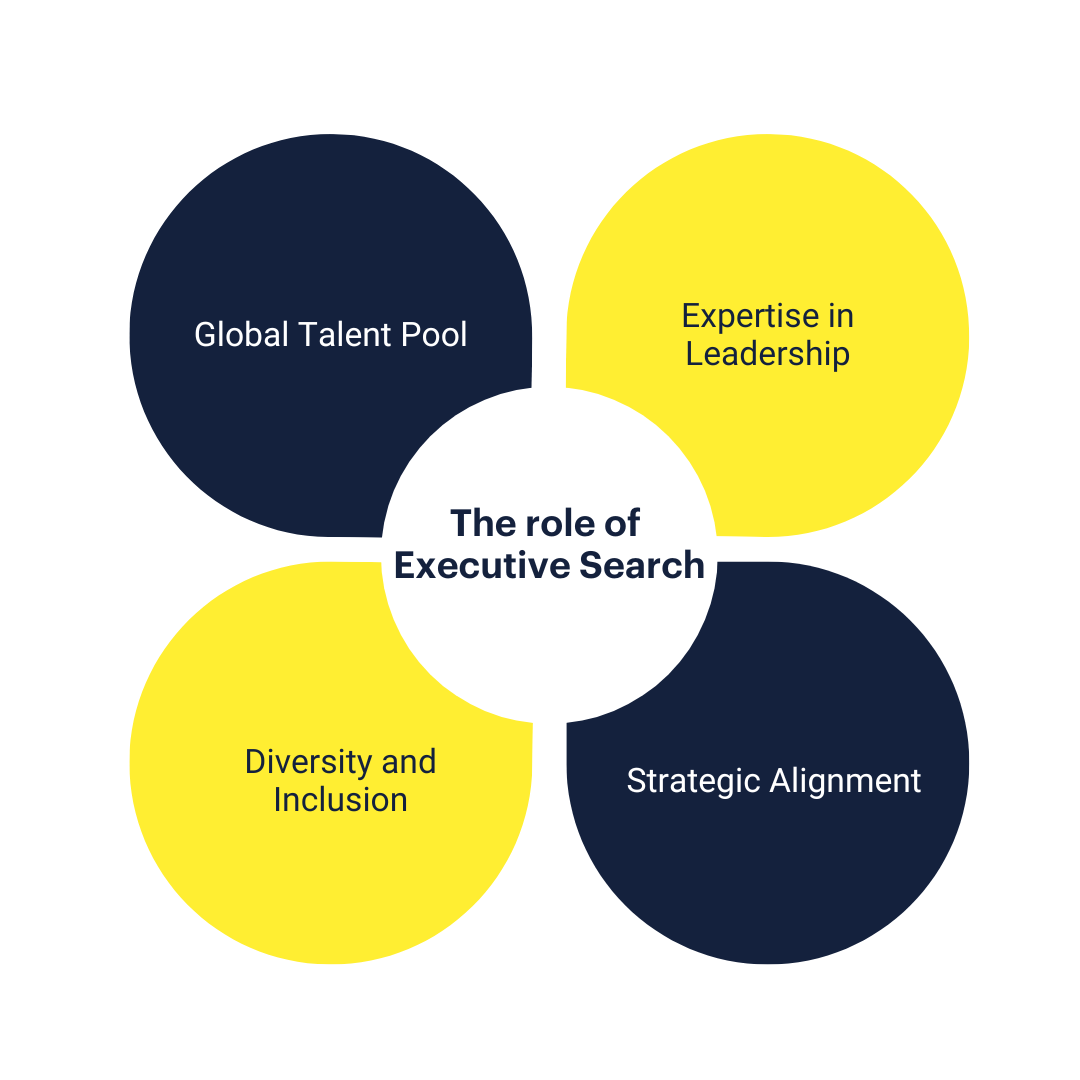Portugal’s development, in industrial and automation sector, has gone a long way. The industry takes part in robotics, production, engineering and that area is clearly the leader in efficiency. Still with the international market getting tougher and technology evolving there are difficulties that require competent management.
The Evolution of Portugal’s Industrial and Automation Sector
Portugal’s industrial sector has steadily grown, benefiting from investments in smart manufacturing, renewable energy, and Industry 4.0 technologies. According to data from AICEP Portugal Global, industrial exports accounted for nearly 45% of the country’s GDP in 2023, reflecting the sector’s importance. With the goal of enhancing global sustainability objectives, productivity has advanced as a result of minimizing supplementary costs, and automation has emerged as the key in this scenario.
Although there are new chances, there is also the requirement for experienced executives who can direct businesses towards fresh innovation, adept management and perpetual growth, as these innovations have been introduced.
Key Challenges in Executive Search for Industrial and Automation
- Technological Complexity and Industry 4.0: The shift to Industry 4.0 requires leaders with expertise in IoT, AI, robotics, and data-driven decision-making. However, finding executives with both technical knowledge and strategic acumen is a significant challenge.
- Talent Shortages in Specialized Roles: Portugal faces a shortage of experienced professionals in key areas such as automation engineering, robotics, and smart manufacturing. This is compounded by high demand for these skills across Europe, leading to fierce competition for top talent.
- Sustainability and ESG Compliance: As businesses adopt greener practices, executives must integrate sustainability into operational models without sacrificing efficiency or profitability. This requires leaders who can balance environmental concerns with market demands.
- Global Competition and Market Uncertainty: Industrial companies in Portugal are increasingly competing on a global scale. Economic fluctuations, geopolitical instability, and supply chain disruptions necessitate agile leaders capable of responding to these pressures.
- Cultural Adaptation and Talent Retention: Many industrial firms in Portugal are part of multinational networks, requiring leaders who can align local operations with global corporate strategies while fostering a strong organizational culture.
How Executive Search Firms Address These Challenges
- Access to Specialized Talent Networks: Executive search firms leverage their global and local networks to identify candidates with the right mix of technical expertise and leadership skills. These firms excel at sourcing executives experienced in Industry 4.0, robotics, and automation technologies.
- Tailored Assessments for Strategic Alignment: Beyond technical skills, executive search firms evaluate candidates’ ability to drive innovation, manage cross-functional teams, and align with a company’s long-term goals. This ensures the placement of leaders who can thrive in complex industrial environments.
- Focus on Sustainability Expertise: Search firms actively identify executives with a proven track record in implementing ESG initiatives, fostering operational efficiency while meeting regulatory and consumer demands.

Market Insights and Strategic Planning
By analyzing trends and benchmarks within the industrial and automation sector, executive search firms provide clients with valuable insights into emerging opportunities and leadership strategies.
Opportunities for Growth in Portugal’s Industrial and Automation Sector
Despite the challenges, Portugal’s industrial sector is ripe with opportunities:
- Expansion of Renewable Energy Projects: The country’s commitment to renewable energy opens avenues for innovation in automation systems for solar, wind, and hydroelectric projects.
- Growth in Smart Manufacturing: Investments in digital twins, predictive maintenance, and autonomous systems are transforming the manufacturing landscape.
- R&D and Collaboration Opportunities: Portugal’s industrial parks and innovation hubs encourage collaboration between academia, startups, and established firms.
- European Green Deal: Companies aligned with EU sustainability goals can leverage funding and policy support for growth.
Key Industry Statistics
- Portugal’s industrial exports contributed 45% to GDP in 2023.
- Automation technology adoption grew by 23% between 2020 and 2023.
- Over 60% of industrial firms in Portugal are planning investments in Industry 4.0 technologies within the next two years.
- The country ranks among the top 10 European nations for renewable energy production.
Portugal’s industrial and automation sector stands at a crossroads of innovation and transformation. The role of executive search firms is pivotal in identifying and attracting leaders who can embrace cutting-edge technologies, drive sustainable growth, and navigate the complexities of the global market.
By aligning leadership capabilities with industry demands, these firms ensure that organizations remain competitive and resilient in the face of change.






